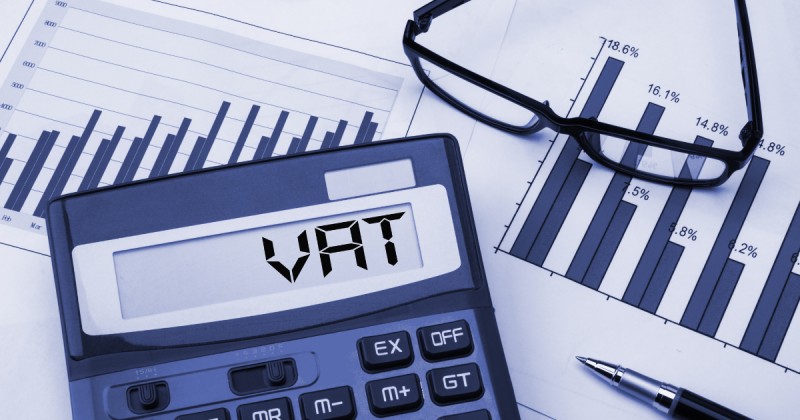
VAT as a sole trader: when the self-employed require Value Added Tax
Value Added Tax is an incredibly complex area of finance to deal with. In fact, VAT is possibly one of the most complicated taxes for both freelancers and us accountants to tackle, and VAT’s complexity is behind some of the queries we’ve received of late from those of our clients sole trading, writes Louise Rayner, boss of NumberMill.
Sole traders and unincorporated businesses often begin self-employment with little knowledge or acknowledgement of VAT and how this works.
The VAT position when you start a business
Typically, this is because when you start out in business for yourselves, the idea of VAT isn’t on the radar. You’ve far more pressing things to deal with during your business’s inception!
VAT registration with HM Revenue & Custom is required for any business, incorporated or not, that has a taxable turnover of more than £85,000 within any rolling 12 month period.
This level of VAT threshold means for the majority of freelancers starting up, there isn’t a requirement to VAT register with HMRC immediately. But that doesn’t mean VAT is something you can just forget about! Specifically, you will want to consider VAT for the future, as getting your VAT incorrect, or neglecting to register for VAT when your business reaches the £85,000 threshold, can be costly.
Are you an individual or business? Either way, VAT registration is possible
An interesting element of VAT is that both individuals and businesses can choose to voluntarily register for VAT, regardless of turnover level. This may appear a strange concept -- after all who would want to volunteer to pay additional tax when there is no requirement too?!
Well, VAT registration can prove to be beneficial, particularly if your business purchases expenses that contain VAT, which you are then able to reclaim. For businesses with large amounts/volume of potential purchase, VAT on expenses to reclaim can be highly beneficial.
VAT-registered, are you ready to charge 20% extra?
That said, it’s important to note that a business which is VAT registered must charge an additional 20% more than its non-VAT registered competitors who don’t charge.
Now, this likely doesn’t pose a problem for businesses you as a freelancer are supplying – (in what’s known as B2B – Business to Business – supply). That’s because they themselves may be VAT-registered and simply reclaim the cost you charge them on their own VAT returns.
However, when you the freelancer is working directly with individuals/consumers (known as B2C – Business to Consumer -- supply), this can make you less competitive in your pricing approach, as your charges are 20% higher than the other (non-VAT registered) players in the market.
Test the honesty of your accountant with VAT!
It’s as a result that the cost of VAT is ultimately suffered by consumers at the bottom of the supply chain. Therefore weighing up the personal circumstances of your business is essential before diving into VAT. Crucially, a good accountant will be able to advise you on the best course of action.
If you’ve found yourself an honest accountant, they will likely tell you that the complexities of VAT are indeed considerable. They can even vary depending on:
location of services,
sectors of work,
types of product/services sold,
whether supplying services overseas.
The Nursing Agency VAT Concession: demystified
And actually the list can go on! Indeed, a re-occurring VAT issue in the agency and recruitment sector is known as the Nursing Agency VAT concession. This anomaly to VAT allows employment businesses to not charge VAT when supplying particular types of healthcare workers.
Quite often agencies and intermediaries supplying workers within this sector can find that the VAT treatment is completed incorrectly, which over large periods of time can lead to significant penalties and liabilities from HMRC.
Finally, there’s no shame in needing VAT help as a self-employed freelancer
Running your own self-employed business can be stressful regardless of additional headaches like VAT. Therefore make sure to align yourself and your business with an accountant you can trust to help shoulder the burden for you -- allowing you to focus on why you became a freelancer in the first place -- freelancing!



Comment
Log in or create your account to react to the article.